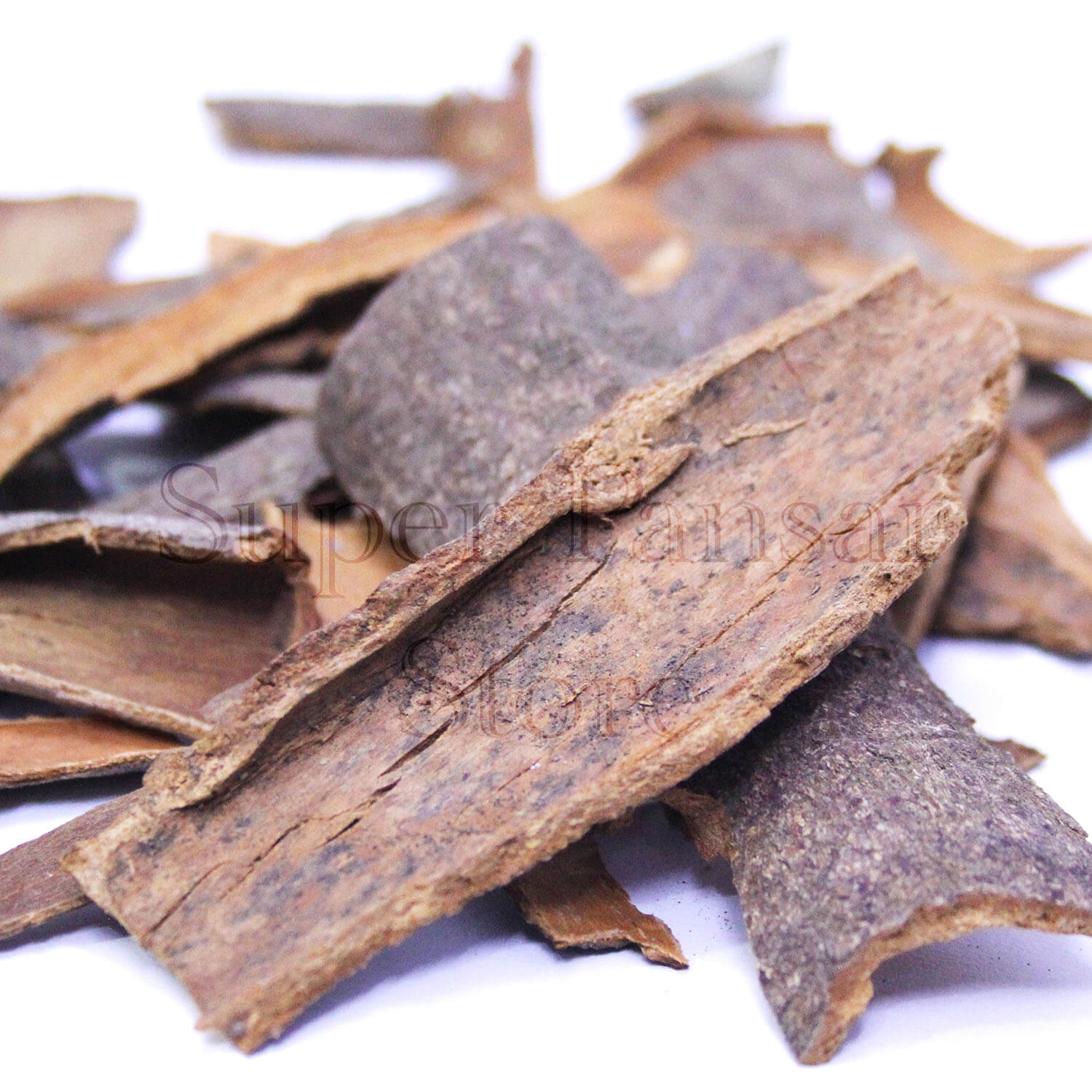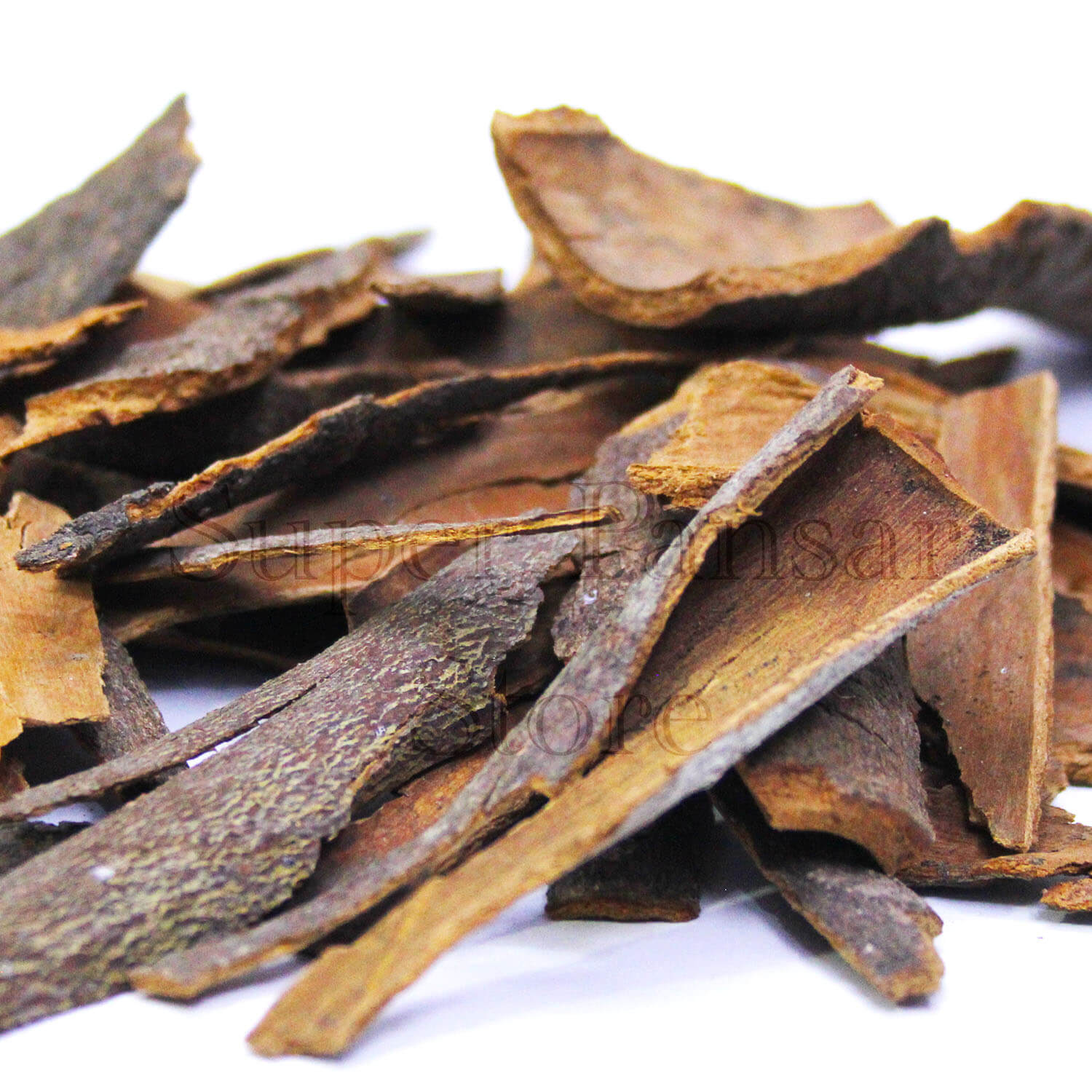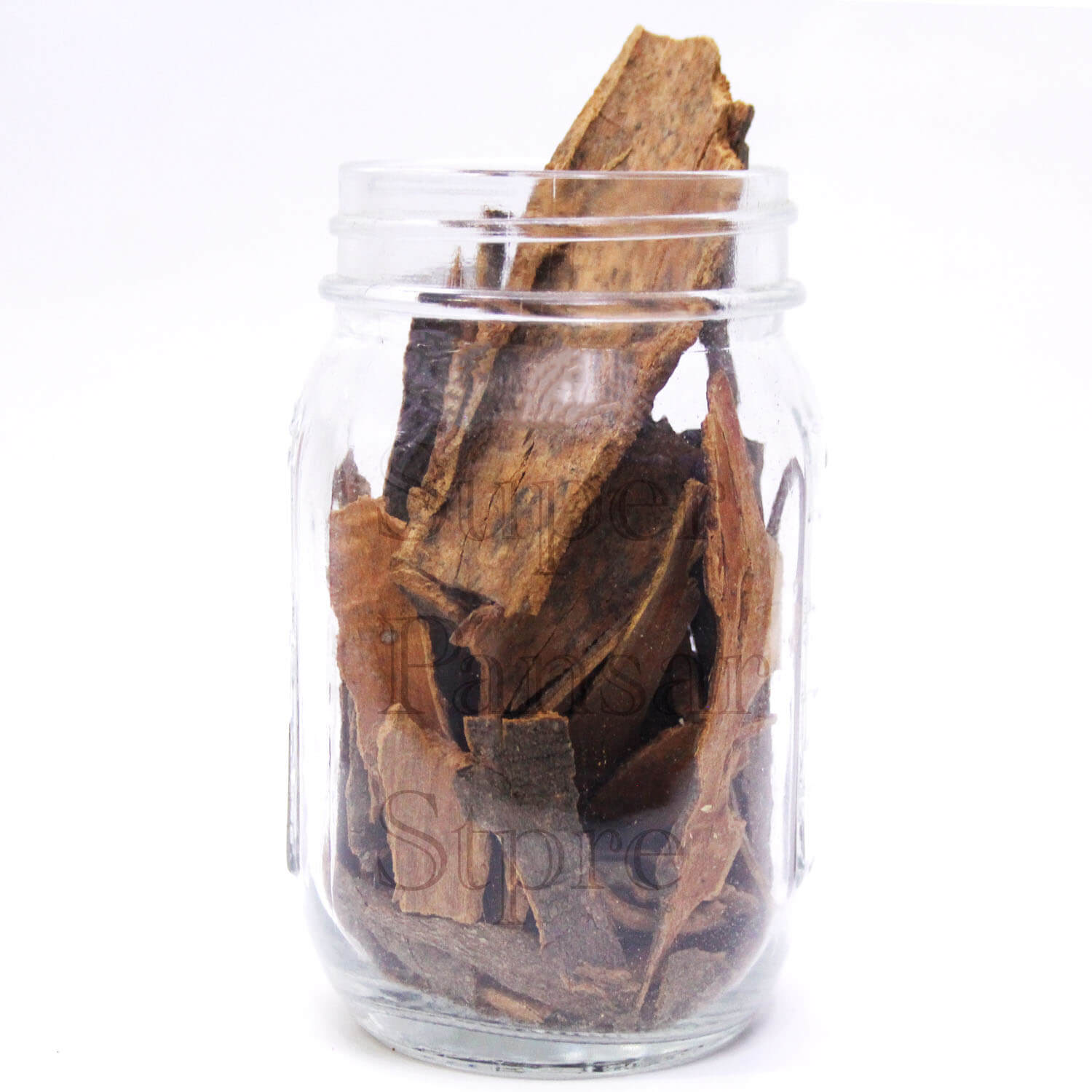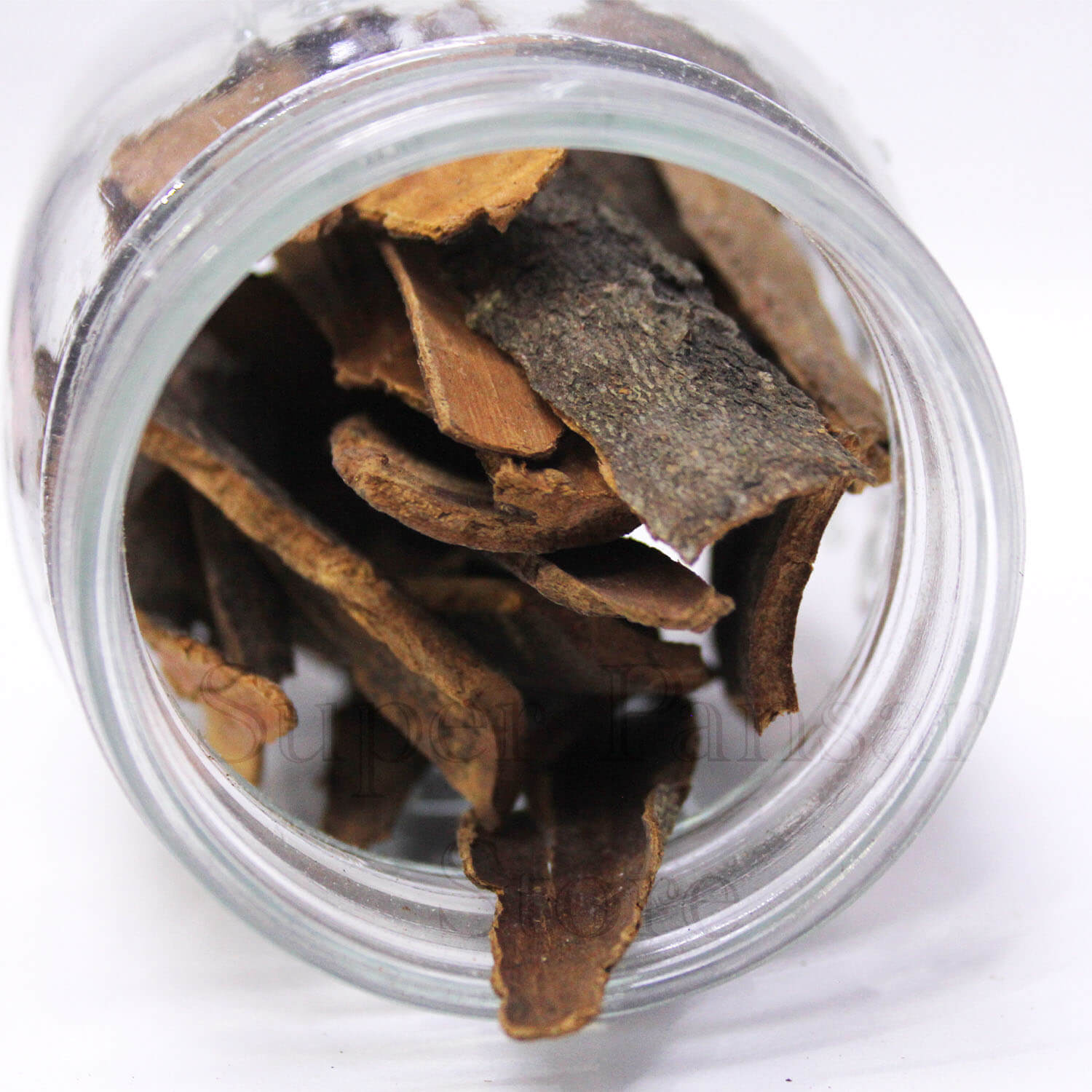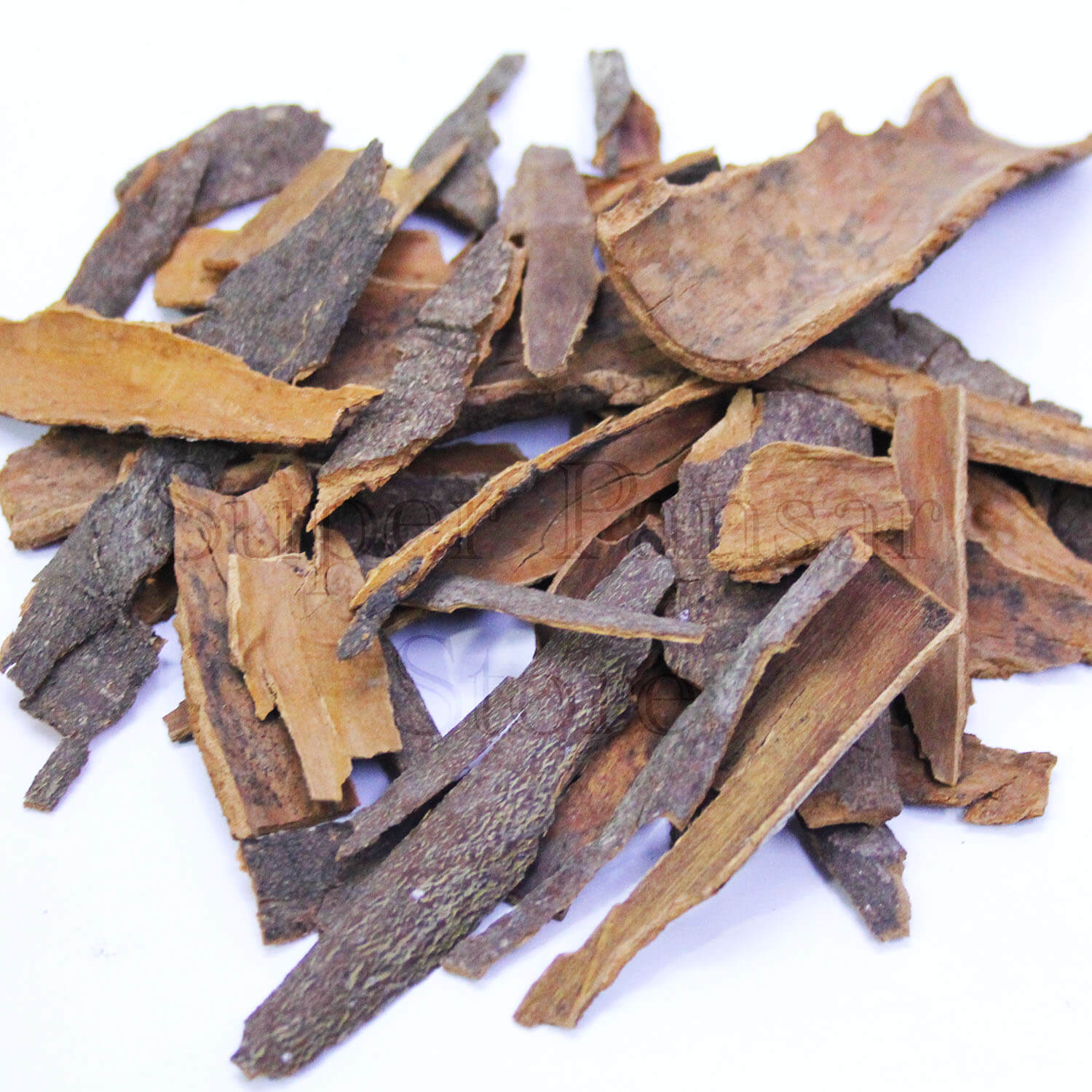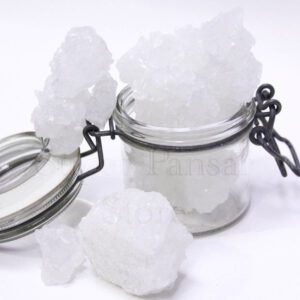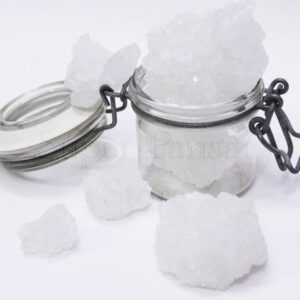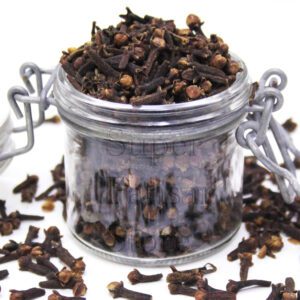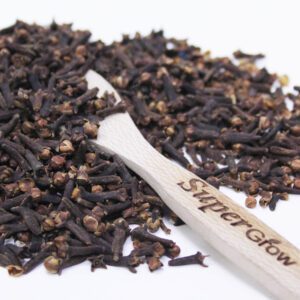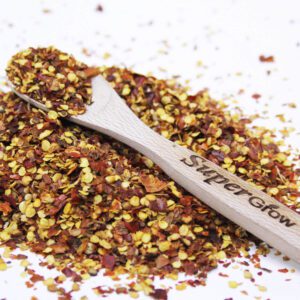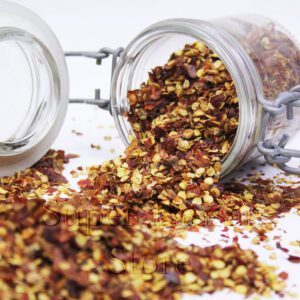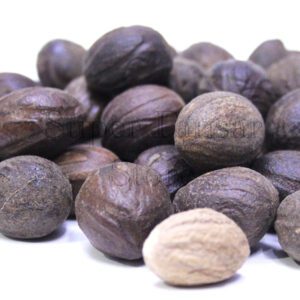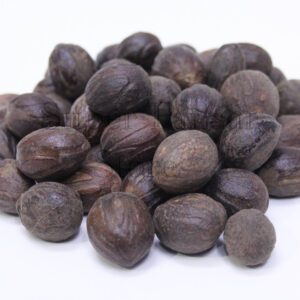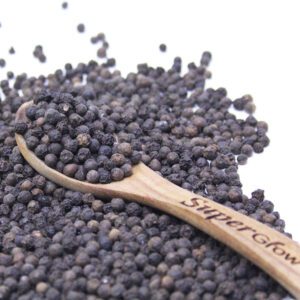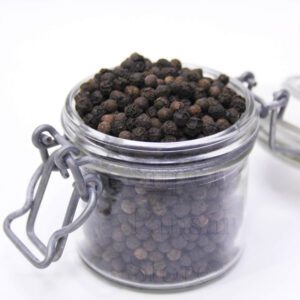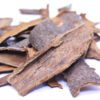No products in the cart.
Cinnamon (Darchini) دارچینی
Price range: ₨ 150 through ₨ 1,450
Super Cinnamon: The Warm Spice of Sweetness and Spice
Cinnamon (Cinnamomum verum or Cinnamomum cassia) is one of the oldest and most beloved spices, cherished for its sweet, warming flavor and aromatic complexity. Derived from the inner bark of trees in the genus Cinnamomum, cinnamon comes in two main varieties: the delicate, sweet flavor of Ceylon cinnamon, often known as “true cinnamon,” and the bolder, spicier cassia cinnamon, which is more commonly found in stores. Cinnamon’s rich, warm flavor with hints of honey and citrus elevates everything from desserts and pastries to savory dishes, teas, and spice blends like garam masala. Known for its versatile role in both sweet and savory recipes, it also brings health benefits, including antioxidant properties, anti-inflammatory effects, and the ability to regulate blood sugar. Whether in a comforting apple pie or a hearty curry, cinnamon offers both a flavor profile and a sense of warmth that transcends seasons.
- Premium Quality
- Fresh
- Organic
- Safely processed and packed
Overview
Cinnamon (Cinnamomum verum), also called Ceylon cinnamon, is a bushy evergreen tree of the laurel family (Lauraceae) and the spice derived from its bark.
The spice consists of the dried inner bark and has a delicately fragrant aroma and a warm sweet flavor.
People have used cinnamon for centuries for both culinary and medicinal purposes.
Cinnamon may offer some health benefits, despite individual responses varying.
Benefits
Antioxidant Properties:
Cinnamon is rich in antioxidants, which help neutralize harmful free radicals in the body.
Antioxidants play a role in reducing oxidative stress and inflammation.
Anti-Inflammatory Effects:
Cinnamon has been studied for its anti-inflammatory properties, which may help in reducing inflammation and related conditions.
Blood Sugar Regulation:
Some studies suggest that cinnamon may help improve insulin sensitivity and lower blood sugar levels.
This could be beneficial for individuals with insulin resistance or type 2 diabetes.
Heart Health:
Cinnamon may improve heart health by improving lipid profiles, including lowering levels of LDL cholesterol and triglycerides.
Antimicrobial Properties:
Cinnamon may inhibit the growth of bacteria and fungi.
This could be beneficial for oral health, among other things.
Neuroprotective Effects:
Some studies suggest that cinnamon may have neuroprotective effects and could potentially be beneficial in the prevention or treatment of neurodegenerative diseases.
Improved Cognitive Function:
There is some evidence to suggest that cinnamon may have cognitive-enhancing properties and could potentially aid in improving memory and attention.
Aiding Digestion:
Cinnamon has traditionally been used to aid in digestion.
It may help with indigestion, bloating, and gas.
Uses
People use cinnamon in various culinary and non-culinary applications.
Here are some common uses of cinnamon:
Culinary Uses:
Baking:
Cinnamon is a popular spice in baking and is commonly used in recipes for cookies, cakes, muffins, and bread.
It adds a warm and sweet flavor.
Spice Blends:
Cinnamon is a key ingredient in many spice blends, such as pumpkin spice, apple pie spice, and chai spice.
Hot Beverages:
Cinnamon is often used to flavor hot beverages like coffee, tea, and hot chocolate.
It can be added directly to the drink or used as a garnish.
Oatmeal and Cereal:
Sprinkling cinnamon on oatmeal, cereal, or even yogurt can add flavor without the need for excessive sugar.
Stews and Curries:
Cultures use cinnamon in savory dishes, especially stews, curries, and rice dishes.
It adds a warm and aromatic element.
Mulled Beverages:
Cinnamon is a key ingredient in mulled wine and cider, where it contributes to a rich, spiced flavor.
Non-Culinary Uses:
Aromatherapy:
Cinnamon has a warm and inviting aroma.
You can create a cozy atmosphere using cinnamon sticks or essential oil in aromatherapy.
Potpourri:
You can add cinnamon sticks and ground cinnamon to potpourri mixes for a pleasant scent.
Cinnamon Infused Oils and Vinegars: Cinnamon can be infused into oils and vinegars to create flavored options for cooking or salad dressings.
Air Fresheners:
Cinnamon can be used to create natural air fresheners.
Simmering cinnamon sticks in water on the stove or using cinnamon essential oil in a diffuser can help freshen the air.
Repelling Insects:
Cinnamon has natural insect-repelling properties. Placing cinnamon sticks or using cinnamon oil in strategic areas can help deter pests.
Health and Beauty:
People use cinnamon in homemade face masks and scrubs because of its potential anti-inflammatory and antimicrobial properties.
Some individuals may find cinnamon irritating to the skin.
Flavoring Beverages:
You can add cinnamon to smoothies, shakes, and cocktails.

